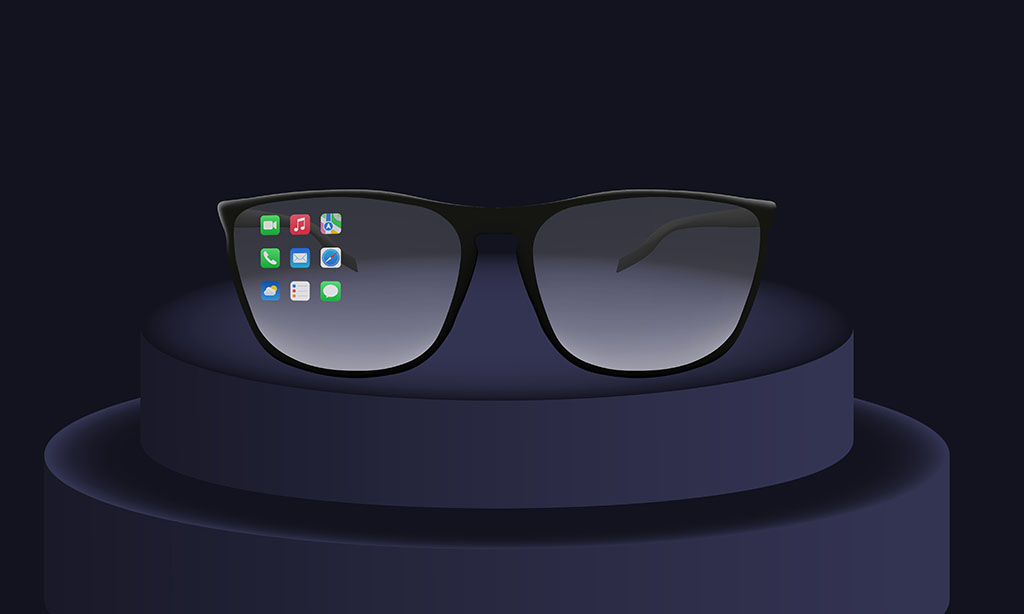
Apple Making Bold Moves into Smart Glasses and Global Expansion
Apple is eyeing the smart glasses market with an internal research initiative called “Atlas,” which could signal its future expansion into wearable tech beyond the smartwatch. Bloomberg reports that Apple has set up focus groups within its Cupertino headquarters to gather employee feedback on existing smart glasses options. Spearheaded by Apple’s Product Systems Quality team, this research aims to understand the potential of smart glasses and how Apple might enhance user experiences.
Atlas: Apple’s Internal Exploration
This study is part of Apple’s deeper dive into a new category. While other companies, like Meta with its Ray-Ban Stories smart glasses, have started exploring augmented reality and wearable tech, Apple is taking its time. The Atlas study focuses on learning what works—and what doesn’t—in existing products. By doing so, Apple aims to find ways to improve user experiences and align its future offerings with the high expectations associated with its brand.
IS YOUR COMPUTER SECURE?
FREE Malware Removal
Detect & Remove Adware, Viruses, Ransomware & Other Malware Threats with SpyHunter (FREE Trial)
IS YOUR COMPUTER SECURE?
FREE Malware Removal
Detect & Remove Adware, Viruses, Ransomware & Other Malware Threats with SpyHunter (FREE Trial)
IS YOUR COMPUTER SECURE?
FREE Malware Removal
Detect & Remove Adware, Viruses, Ransomware & Other Malware Threats with SpyHunter (FREE Trial)
While there’s no official product announcement, reports suggest Apple might enter the market in the coming years. If Apple releases its own smart glasses, they could add a unique twist, integrating seamlessly with the Apple ecosystem and expanding the role of wearable tech in daily life.
Indonesia Investment and iPhone Sales Ban
In a separate move, Apple has proposed a $10 million investment in Indonesia to address a sales ban affecting its latest iPhone models. Indonesia enforces a 40% domestic content requirement for tech products, pushing companies to contribute to local manufacturing. Apple’s investment proposal includes plans for a new factory in Bandung, which would focus on producing accessories and components for Apple products, potentially alleviating the regulatory barrier. Indonesia’s Ministry of Industry is currently reviewing the proposal, with a decision expected soon.
Apple isn’t alone in facing regulatory challenges in Indonesia. Other companies like Google and ByteDance have encountered similar bans until they made investments to meet local requirements.
Beyond Smart Glasses: Apple’s Investment in Globalstar
Apple is also making moves in satellite communications with a $1.5 billion commitment to expand satellite services for iPhone users. Partnering with Globalstar, Apple has provided a $1.1 billion cash injection and secured a 20% equity stake in the satellite company, valued at $400 million. This investment aims to improve satellite-based features in future iPhone models, focusing on enhanced connectivity in remote areas.
What This Means for Apple’s Future
Apple’s explorations in smart glasses, investments in satellite communications, and regulatory negotiations in Indonesia reflect its forward-looking approach. By taking these steps, Apple continues to innovate within its ecosystem, potentially shaping new categories and setting standards in wearable tech, global connectivity, and market adaptability.
- Impact on Smart Glasses Market: With Apple’s reputation for user-focused innovation, its entry could elevate the category and spark greater interest in wearable augmented reality.
- Global Expansion and Local Compliance: Apple’s commitment to adapting to regional regulations, as seen in Indonesia, could open doors for other tech companies seeking international growth.
Apple’s next moves in these areas are worth watching, especially for anyone interested in the future of wearable tech, global connectivity, and how the company might transform the smart glasses market.